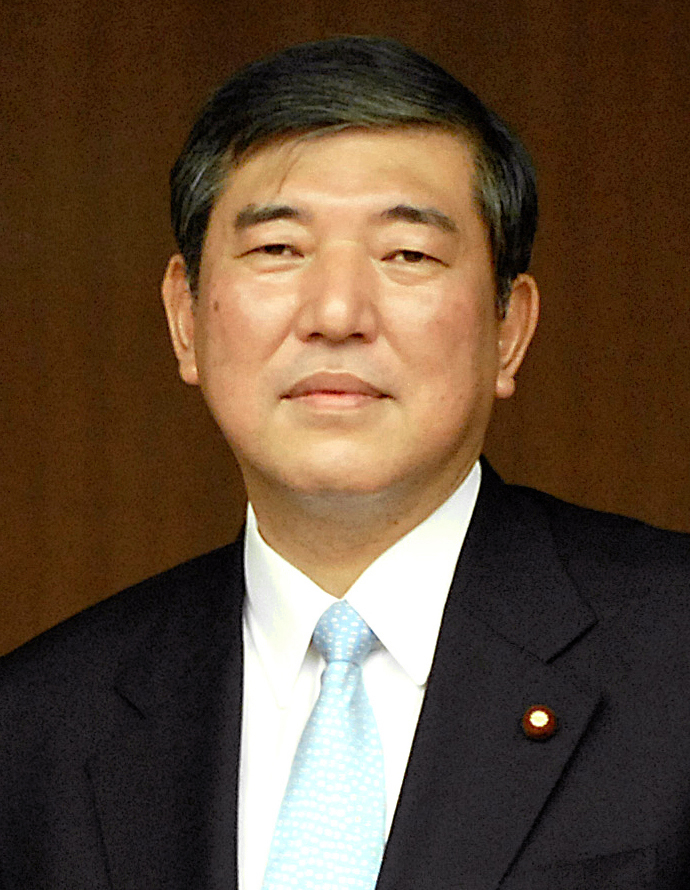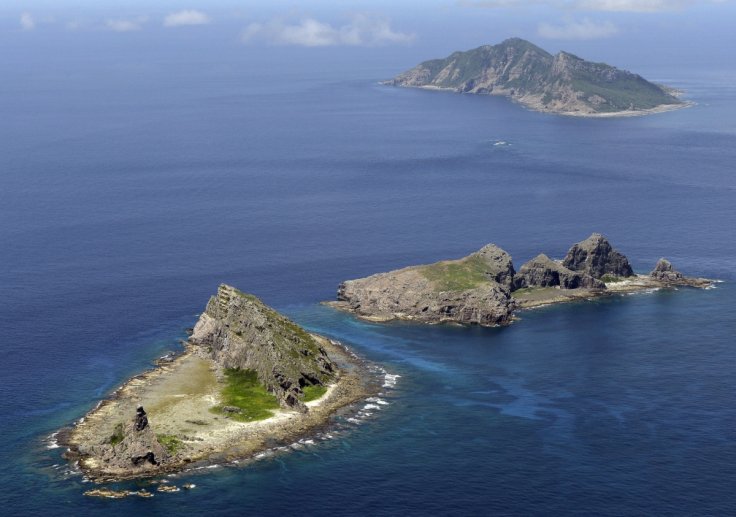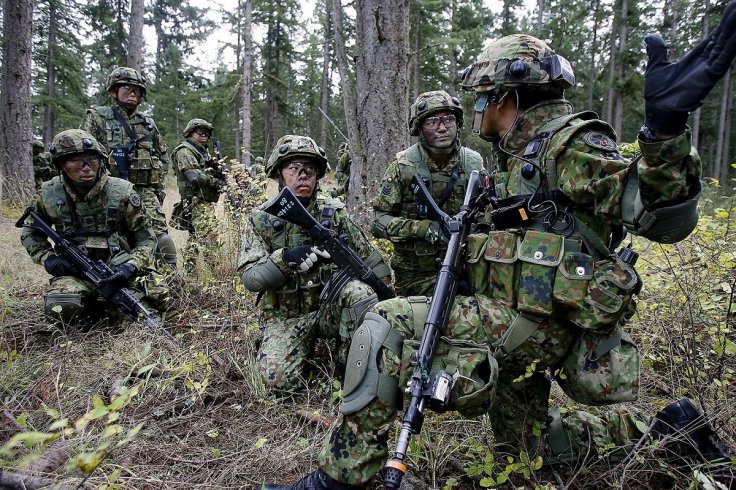Japan's long-serving Prime Minister Shinzo Abe's resignation couldn't have come at a worse time. He stepped down ahead of the 2021 General Elections due to health issues. Japan is battling a resurgence in COVID-19 cases, economic recession due to the pandemic and is in the midst of a political turmoil in Asia. Japan is seen as the country which can lead a regional offensive against China and needs a leader who can be pragmatic yet resilient to Beijing's aggression.
As the search goes on for Japan's next PM, among many potential candidates, former Defense Minister and an Abe critic, Shigeru Ishiba, has emerged as a frontrunner. The self-proclaimed 'military geek' is known for his contribution to national economic revitalization but can he lead Japan during such a challenging time? To answer that, let's learn about Ishiba.

Who is Shigeru Ishiba?
The member of the house of representatives from Tottori prefecture, Ishiba served as the Defense Minister under former PM Yasuo Fukuda between 2007 and 2008. Before that, he was the Director-General of the Japan Defense Agency. Hence, the 63-year-old is an expert in all defense-related matters including weapons system.
However, within Japan's Liberal Democratic Party (LDP), Ishiba has been a fierce critic of Abe's policies. He contested the party leadership position against Abe in 2012 but lost narrowly. But despite his criticisms, Abe appointed him as the Minister for regional revitalization in 2014. However, he resigned in 2016 and continued as an intra-party critic of Abe.
On China
One of the main points of contention between Abe and Ishiba has been the policy against China. While Abe has aligned Japan with the U.S. with a strong anti-China stance, Ishiba is instead sympathetic towards Beijing and believes in dialogue to resolve the regional dispute.

During a press conference on September 4, he said although Japan was correct in confronting Beijing over the Senkaku Islands in the East China Sea, the country must extend diplomacy. "I don't believe Japan will be able to carry out its diplomacy without greater understanding from Asia. It is in Japan's interests to face Asia sincerely from the standpoint of carrying out our diplomacy as we stand, in between the United States and China," Ishiba said.
He instead stressed on greater regional cooperation between countries with forming a defensive body similar to North Atlantic Treaty Organization or NATO. The proposed organization would "unfold diplomacy that sincerely faces the history in Asia, and endeavor to build trust with Asian nations, including China, South Korea and North Korea." Saying so, he opposes Abe's long-standing policy. The former PM confronted South Korea to put maximum pressure on North Korea.
If Ishiba becomes the next Japan PM, it will mean a loss for Washington which sees the country as a partner in a passive war against China. On the economic front, Abe had already begun dissociating from the Chinese economy, stressing more on domestic manufacturing. However, friendly relations with Beijing may mean relying on China's manufacturing capabilities. Ishiba instead believes in a fiscal discipline that would highlight meeting domestic demand even if that benefits China.

On Japan's Pacifism
However, there is one area, Ishiba and Abe both align on is a constitutional amendment that would see a shift in Japan's pacifist ideology. Abe wanted to amend war-renouncing Article 9 for better defensive independence in the face of the North Korean threat. That would reduce dependence on the U.S.
What Abe proposed was a pragmatic solution towards self-reliance in defense. But Ishiba is bold in his approach. He wants Article 9 to be overhauled, deleting phrases such as "war potential" and the "right to belligerence." He has even advocated for Japan's right to have an army, navy and air force instead of just self-defense forces.
In 2011, Ishiba said he wanted Japan to be ready to build a nuclear arsenal and reiterated on that two years later during the North Korea crisis. He said Japan had the right to deliver a preemptive strike against Kim Jong Un's regime.
"I don't think Japan needs to possess nuclear weapons, but it's important to maintain our commercial reactors because it would allow us to produce a nuclear warhead in a short amount of time. It's a tacit nuclear deterrent," Ishiba told Sapio, a Japanese magazine.









